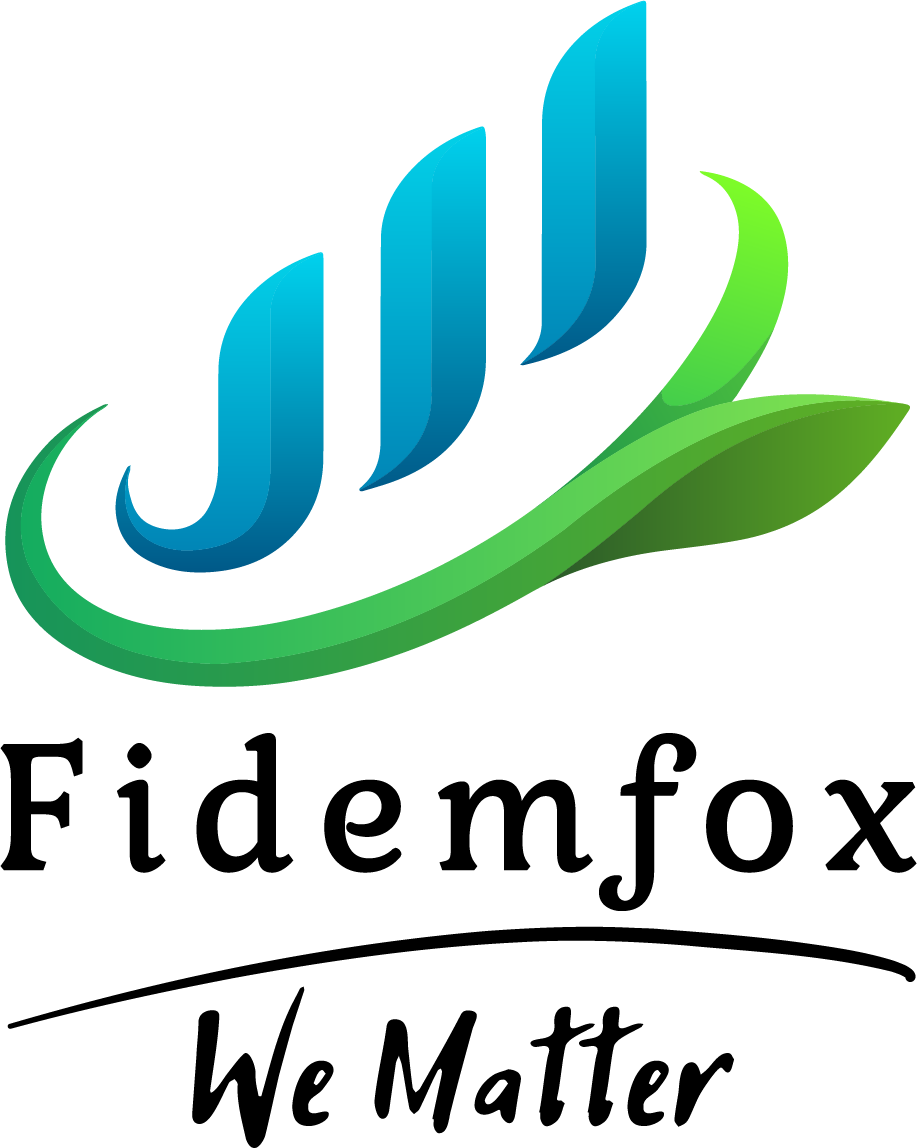Services >> GST Compliance & Litigation Management >> E-Invoicing & E-Way Bill Solutions
E-Invoicing & E-Way Bill Solution
E-Invoicing & E-Way Bill Solutions are essential components of modern business compliance and logistics,
especially in countries like India, where the Goods and Services Tax (GST) framework mandates their usage
for businesses engaged in the movement of goods and services.
1. E-Invoicing:
E-Invoicing, short for Electronic Invoicing, is a system where businesses generate invoices in an electronic
format that is validated by a government portal before being sent to recipients.
Key Features:
- Automated Invoice Generation: Once the invoice is created by the business, it is automatically uploaded to the government portal.
- Validation and Authentication: The government portal checks the invoice for errors and verifies the details before providing an Invoice Reference Number (IRN). This ensures that the invoice is legitimate and compliant.
- Data Flow to GST System: Once validated, the invoice data is sent to the GST system for reconciliation and reporting. This minimizes errors and helps ensure smooth tax compliance.
- Improved Compliance: Ensures that businesses adhere to the prescribed invoicing formats, and reduces the risk of fraud, since all invoices are digitally authenticated by the government.
- Mandate for Certain Businesses: In countries like India, businesses with a turnover above a certain threshold (currently ₹10 crores for most businesses) are required to use E-Invoicing.
Benefits:
- Reduces Errors: Automatic reconciliation of invoices with GST returns reduces errors and discrepancies.
- Faster Processing: Digital invoices mean faster processing of data and payment cycles.
- Better Compliance: Real-time verification ensures businesses remain compliant with tax laws.
- Paperless System: Reduces paperwork and improves record-keeping.
2. E-Way Bill
Key Features:
- Generation of E-Way Bill: Before goods are transported, the seller or transporter must generate an E-Way Bill on the government portal with details like the type of goods, value, transporter, and the destination.
- QR Code: The E-Way Bill contains a QR code that allows authorities to verify the details of the transportation quickly.
- Validity Period: The E-Way Bill is valid for a specified period, depending on the distance. For example, goods being transported across a distance of 100 km might have a validity of 1 day.
- E-Way Bill Number (EBN): Once generated, the system provides an E-Way Bill Number (EBN) that must be shared with the transporter for tracking.
- Tracking: Real-time tracking of goods is possible, reducing the chances of goods being diverted or misused.
Benefits:
- Real-time Tracking: E-Way Bills enable real-time tracking of goods in transit.
- Reduced Fraud: Prevents tax evasion, as it requires documentation of the movement of goods.
- Streamlined Logistics: With digital validation and reduced paperwork, logistics operations become faster and smoother.
- Compliance: Ensures that the transportation of goods complies with tax laws, and prevents penalties from tax authorities.
3. E-Invoicing & E-Way Bill Integration
Many businesses utilize E-Invoicing and E-Way Bill systems in tandem to streamline both billing and logistics processes. For example, after generating an invoice, businesses can easily link it to the E-Way Bill system for transportation of goods. Some platforms integrate both solutions to reduce manual effort and enhance efficiency.
4. Solutions for Implementing E-Invoicing & E-Way Bills
Software Providers: Many ERP and accounting software solutions offer integrated e-invoicing and e-way bill functionalities. Popular examples include:
- Tally ERP and Zoho Books: For SMEs.
- SAP, Oracle, and Microsoft Dynamics: For large enterprises.
GST Suvidha Providers (GSP): These are authorized third-party providers that help businesses generate e-invoices and e-way bills. Some popular GSPs in India include:
- ClearTax
- EwayBill API
- GSTHero
- Custom API Solutions: Some businesses opt for developing custom API solutions to integrate e-invoicing and e-way bill functionalities directly into their existing systems.

